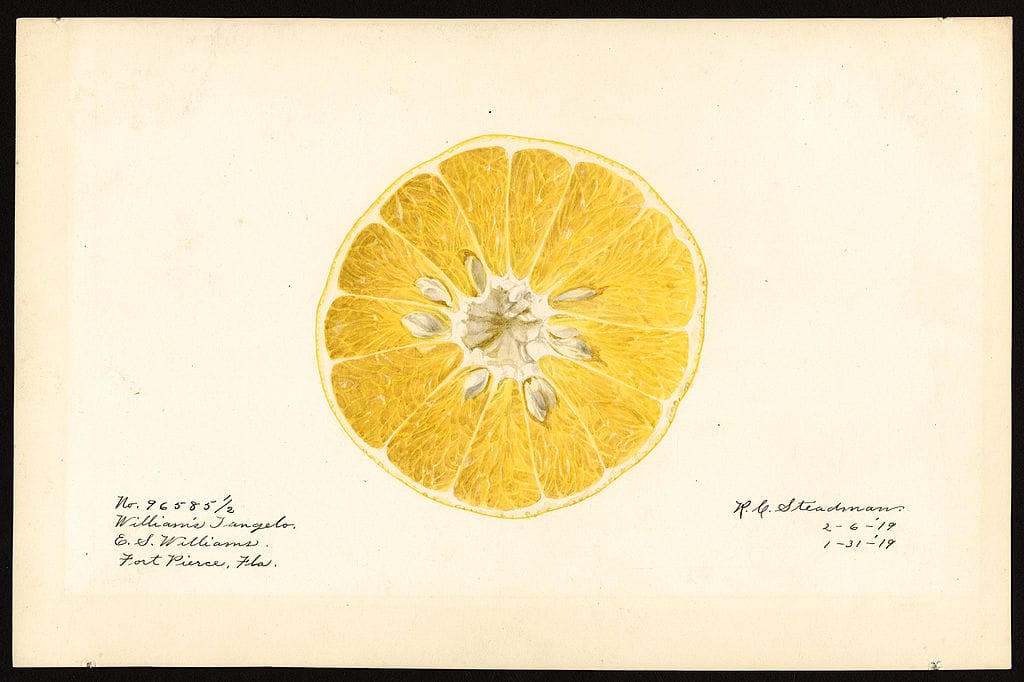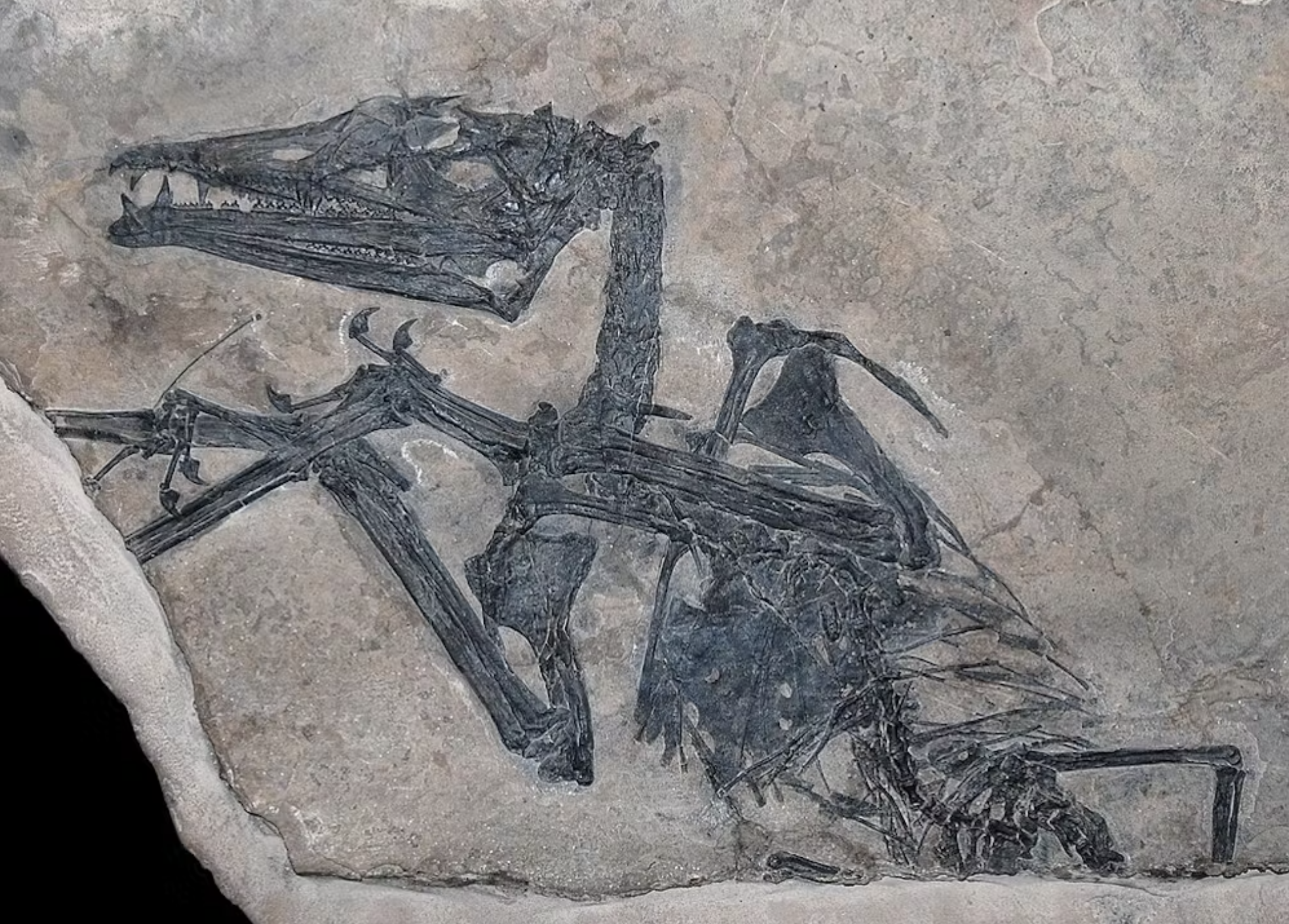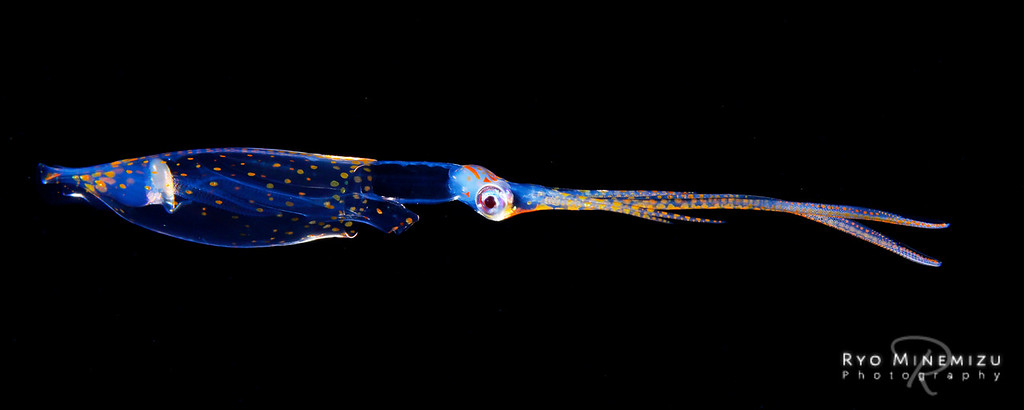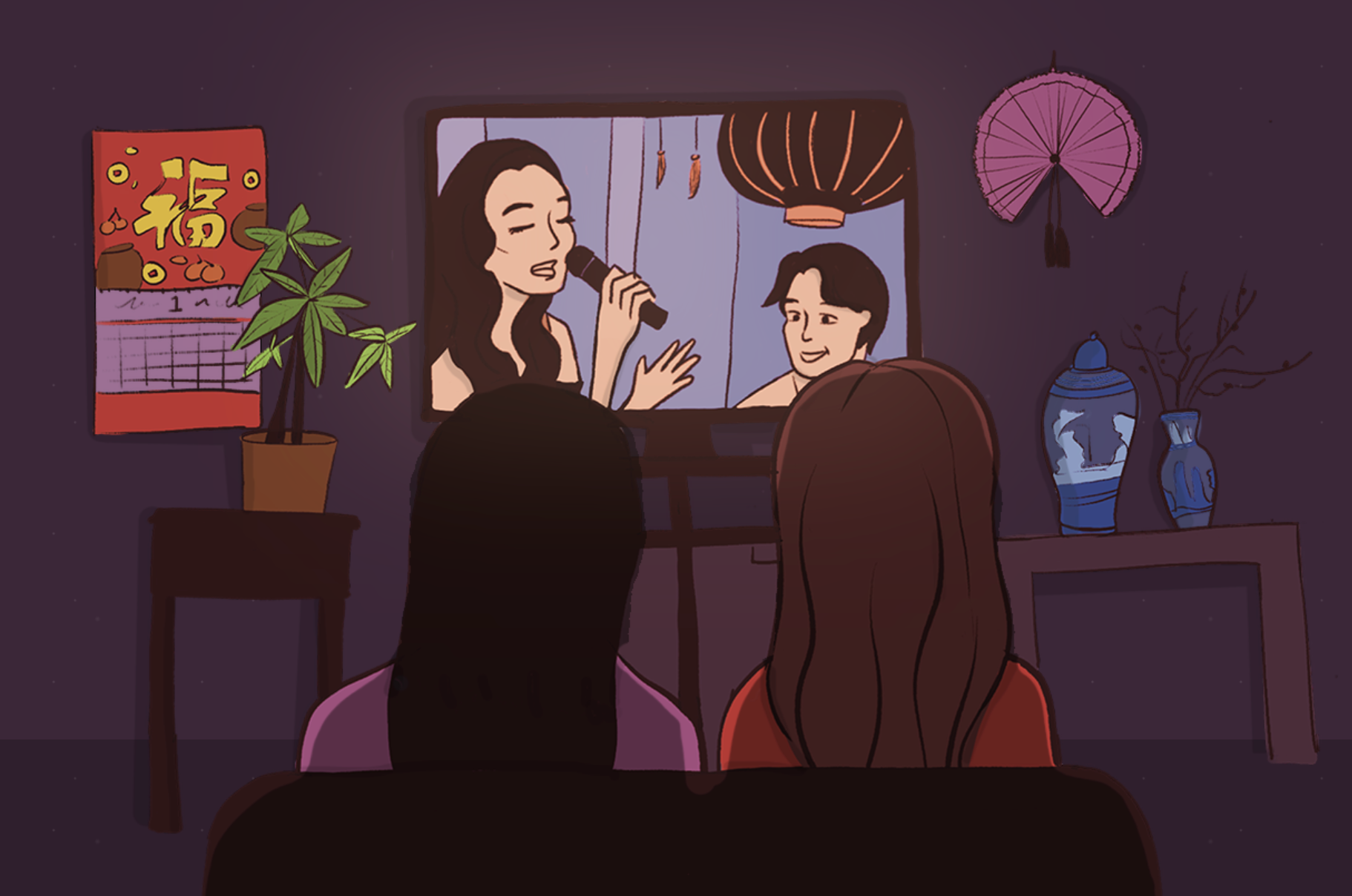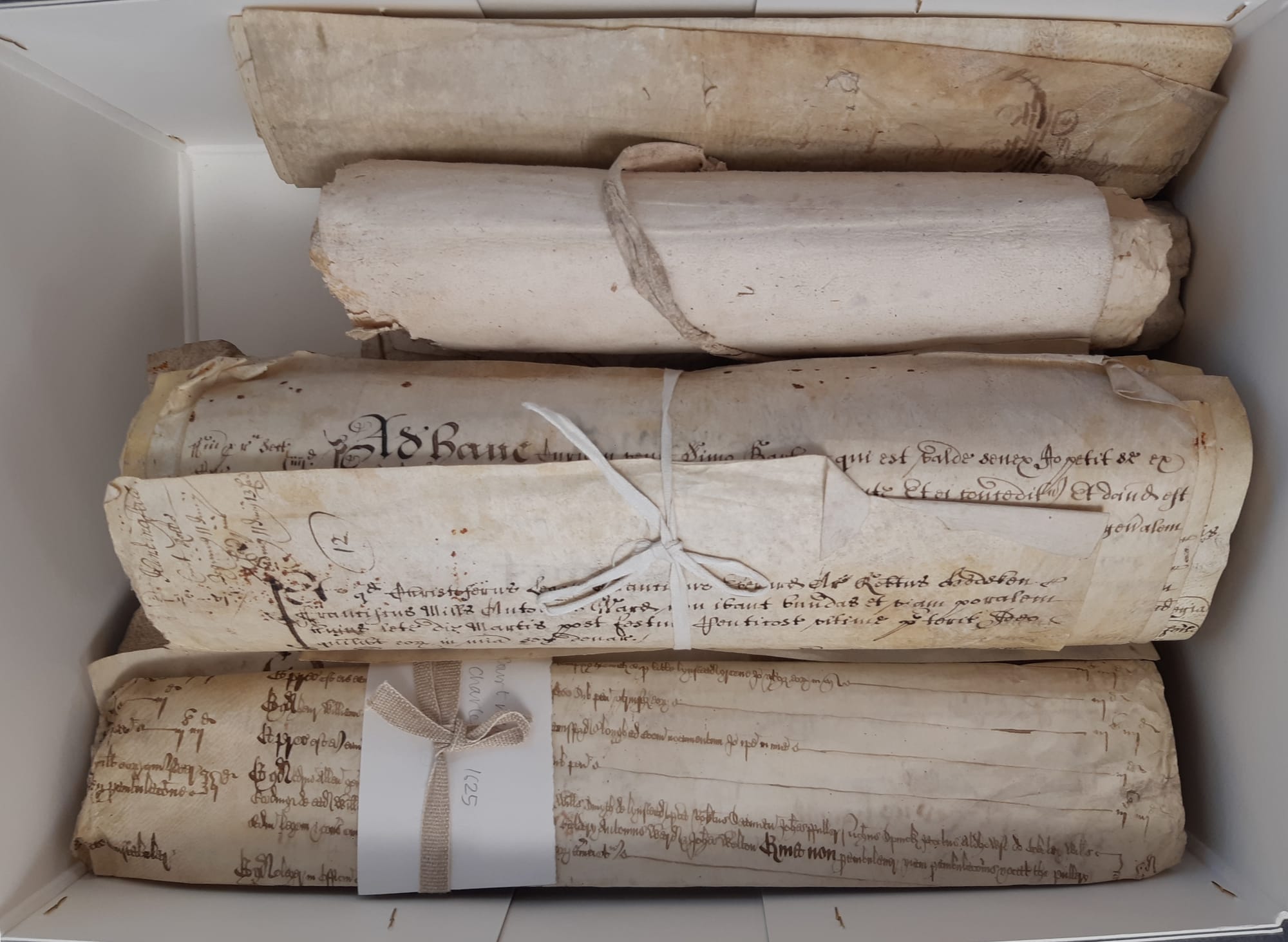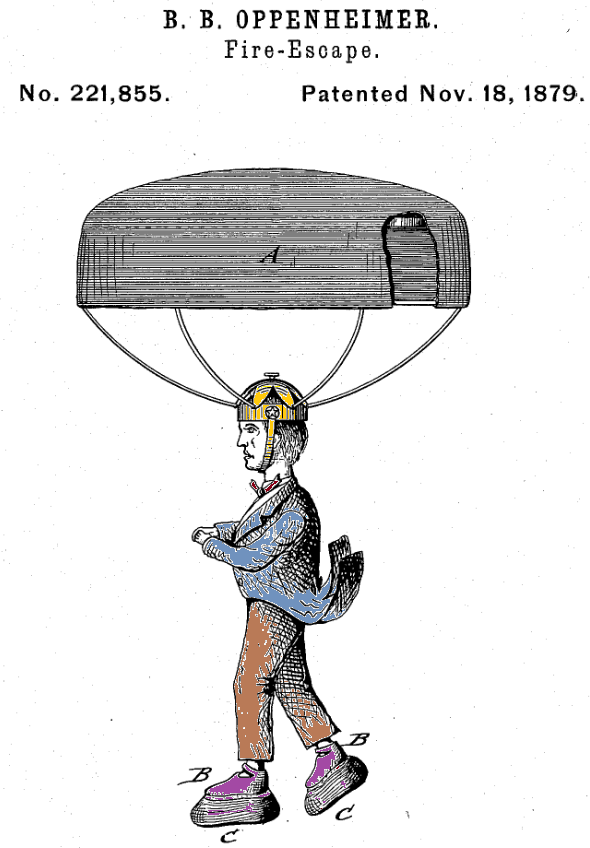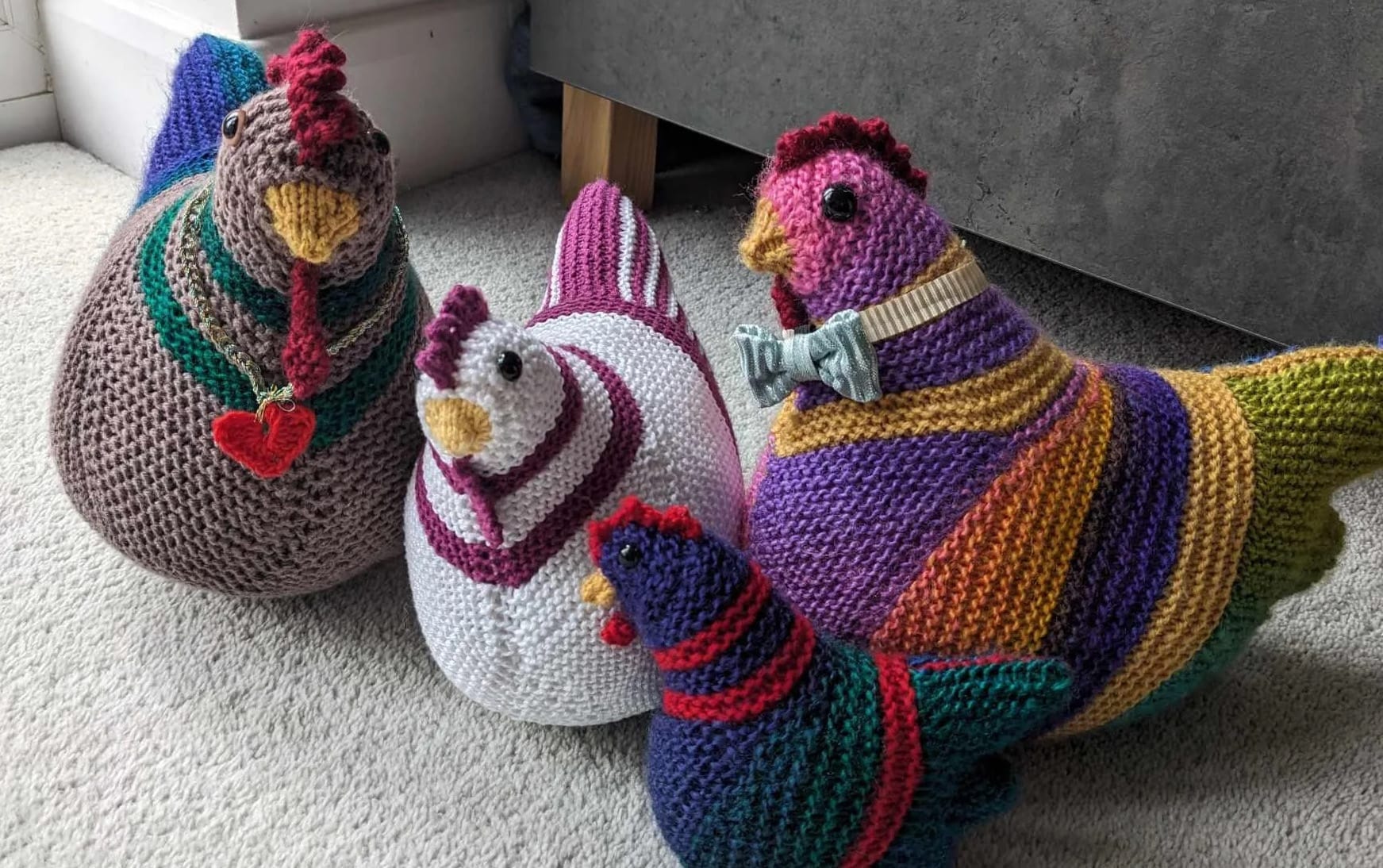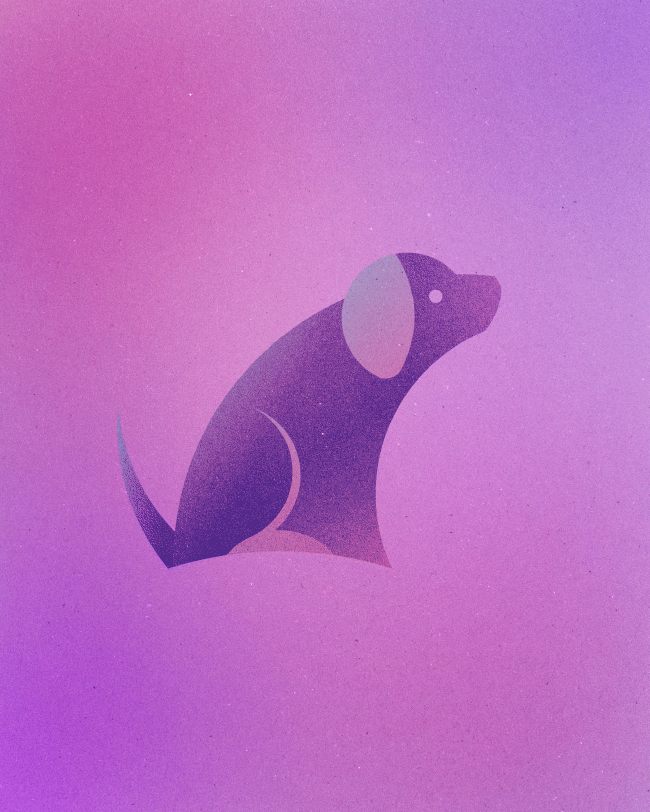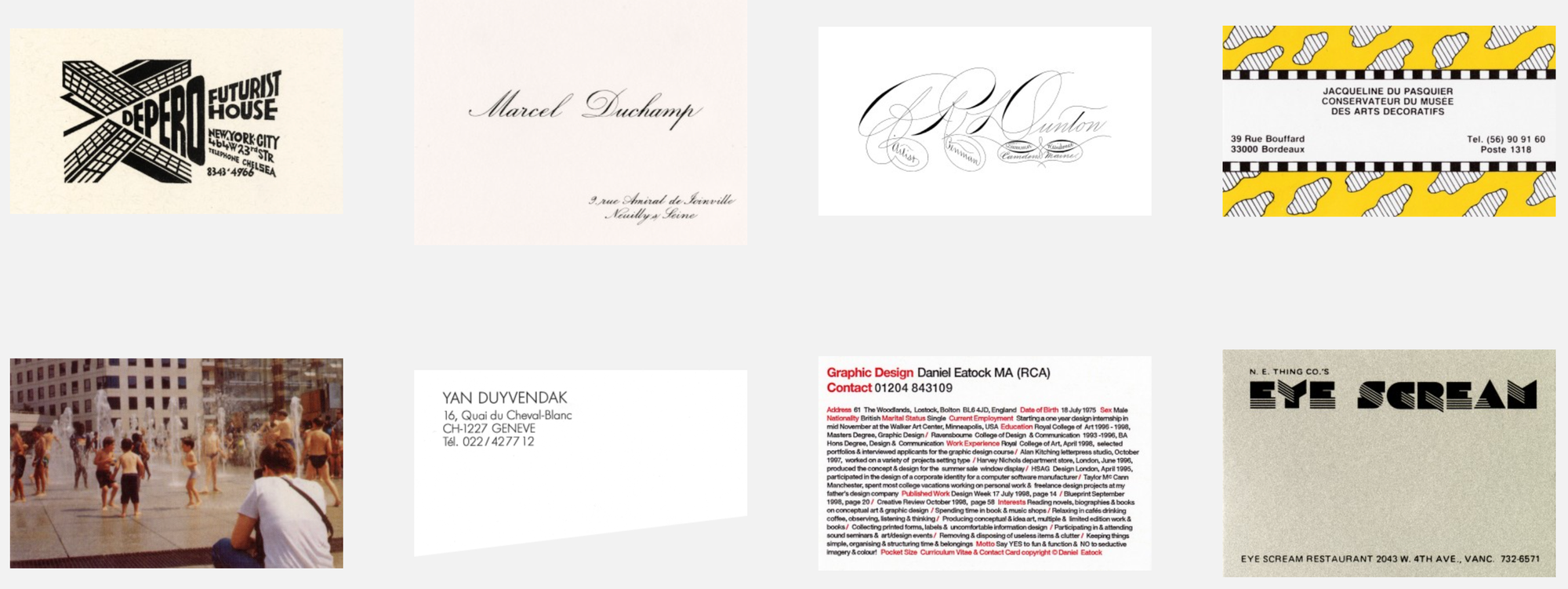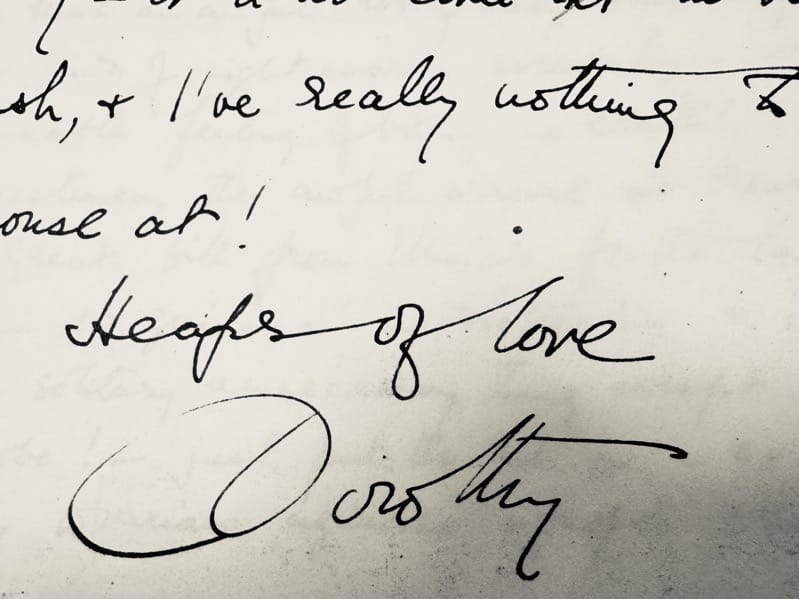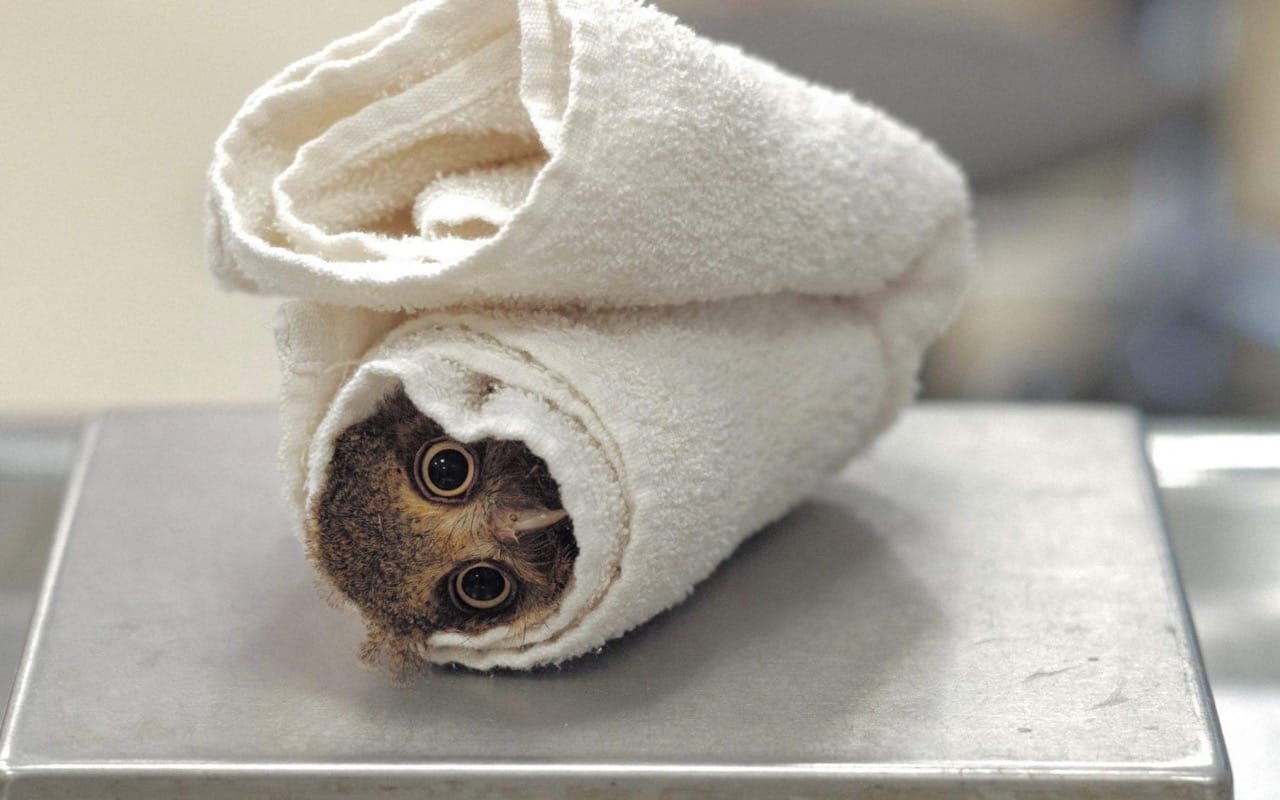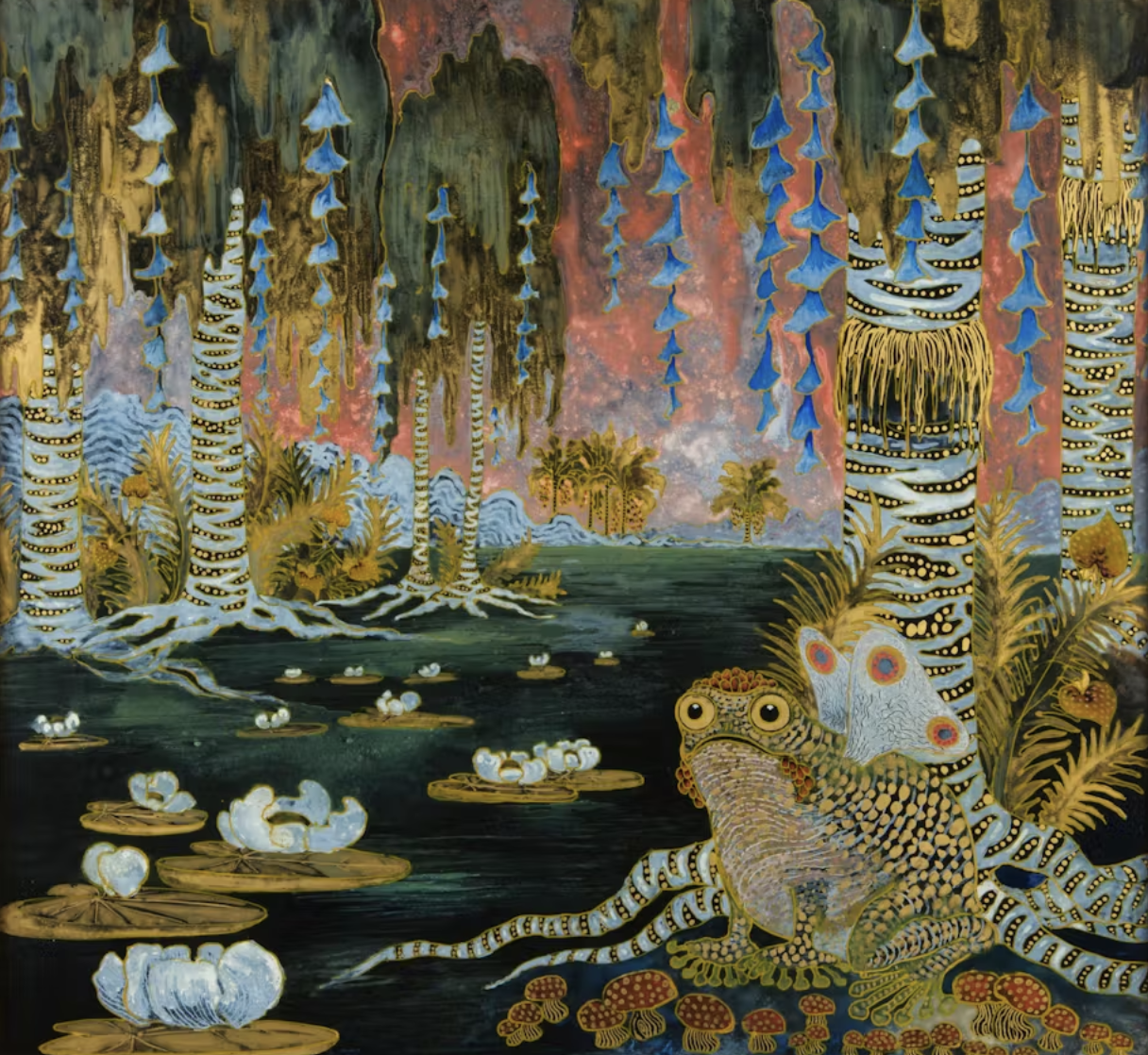I've been working hard on breaking my phone addiction since last summer and March was when I finally felt something shift. I stopped wanting to look at my phone and almost all of the time I used to spend on it now went to reading books. I began to get through them at a much faster rate — I read 14 books this month — and for a while documenting/photographing what I was reading felt like a chore that was only slowing me down, hence the gap in my monthly reading updates. Then the longer I avoided catching up, the bigger the task became. Even now, the hassle involved in having to go back and take pictures of books stopped me doing this for ages. But I have missed the replies and the recommendations from readers, so I'm restarting now. Perhaps I'll be sharing these in a timely fashion again by the time the year draws to a close!
This is the first and only Sally Rooney book I have ever read. I haven't even watched any of the TV adaptations. I don't have a good reason for having avoided her work in the past, other than perhaps a general wariness about anything extremely popular that is probably left over from my teenage years as an obnoxiously hardcore "I liked them before they were famous" music fan. I was stupid to hold out on Rooney for so long, if Intermezzo is anything to go by. Although it took me about fifty pages to get back into the knack of reading literary fiction like this that has a more stream-of-consciousness type of interiority to it, once I was in the swing of it I devoured this book. I cried several times before I was finished. The chess-playing character Ivan, with his carefully baffled inner monologue, especially appealed to me.
It was such a pleasure to revisit this Christie novel from 1936, in which she embarks on the kind of formal experiment within the established structure of the puzzle-whodunnit that Anthony Berkeley and others had executed in the decade. An eccentric host invites four people he suspects of having got away with murder and four detectives to his house for dinner and cards. By the end of the night, he is dead, stabbed by one of his guests. Who did it? The personalities at the party, as revealed by their bridge playing, is vital to the solution of the case.
Although I loved some of Diana Wynne Jones' Chrestomanci series as a child (especially The Lives of Christopher Chant) for some reason I never crossed paths with Howl and Sophie. This has now been corrected courtesy of a copy I came across on the library returns trolley. I found this tale of a castle trundling around a magical land that is sometimes also Wales very charming and reading it did me a lot of good in the midst of a bad week.
Returning readers may remember that I am gradually making my way through all of Heyer's detective fiction in order to eventually make an episode of Shedunnit about it. I'm having to keep careful notes because they are all starting to merge together somewhat, but I did generally get on well with this one about an extremely unlikeable man who is clubbed to death while partway through writing a note that would have incriminated his murderer. Because he's so horrible, everyone else in the book has a motive, from his oppressed wife to his flashy nephew. As always, it is Heyer's touch with dialogue and character that makes this worth reading. I especially liked the scene in this one where the surviving guests at the house party discuss the niceties of different card games and whether it would be disrespectful to play now that their host has been murdered. They decide that bridge is acceptable, as long as it isn't played for money. As one says: "It's not as though we were proposing to play poker."
Read as research for the podcast episode I published in April about Dorothy Erskine Muir, which goes into much more detail on what I think about this writer and her fiction. This clever and morally alert detective novel is based on a real-life case from 1862, but moved to 1930s London. One of my favourite things about it was the description of the house where the murder takes place, which has been held in stasis in its mid-Victorian splendour. For instance:
"It was rather a dark room. The heavy sash windows had their lower frames filled with squares of coloured glass. The buff blinds were neatly drawn down about a foot. Even such light as could enter through the restricted space thus left, had first to filter through deep cream lace curtains, hanging from the top of the high windows in billowing folds to the floor. Completing this stout resistance against the sunlight were long thick curtains in a sort of rep material and of a deep-red tone, with vast red ropes catching in their swelling waists."
This breezy non-fiction book is subtitled "The Lives and Loves of Regency Women", which is an accurate summation of its contents. It follows the romantic fortunes of several real-life women who made marriages in the late eighteenth and early nineteenth century. Although it's a little tricky to keep all the Sarahs and Harriets straight (aristocrats of this period seem to have loved using the same three names for all children) it's well written and provides a useful corrective to some of the wilder tropes of Regency-set fiction.
I picked this up for first time in years because the Green Penguin Penguin Book Club series within Shedunnit reached this title. My full thoughts are available in that episode, but I'll summarise here by saying that I enjoyed the silliness of the stories and was surprised by the queer-coded closeness of the Bunny-Raffles thieving duo. The introduction by Nicholas Daly to the new Oxford edition is good on this.
I'm trying to make sure that I'm a bit more aware of what is happening crime fiction today, rather than burying myself entirely in the interwar period. So far, this has mostly meant picking up recent bestsellers when I see them in a library. This was one such acquisition, and I did not like it. The blurb on the front compared it to Agatha Christie but there was not much likeness that I could see. At the time that I'm writing this, I've just read a much better-constructed and better-written "people marooned in a lonely place play a murder game" story, so I look forward to recommending that to you in a future update.
When it comes to the current vogue for declaring every other writer "the new heir to Christie", I generally find it's better just to read the real thing. This was the Shedunnit Book Club reading choice for April and I had a wonderful time revisiting it. This is the first full-length Miss Marple novel, and although she isn't in action on the page as much as you might expect, it's still a brilliant book. Christie said later that she felt that the plot was a bit cluttered, which I agree with, but the central premise is excellent (so good, in fact, that she used it several more times throughout her career!).
My Year of Heyer continued with this effort from 1935. It has an arresting opening — a police constable on his beat discovers a corpse in evening dress arranged in the stocks on the village green — and continues into a reasonably competent inheritance mystery. As already stated, one doesn't read Heyer for the puzzle but for the characters and dialogue. This one was well stocked (ha!) in this regard, with a dog-breeding, fast-talking spinster and her artist brother, alongside a calmer, more urbane cousin who assists with the investigation. The latter then recurs in Heyer's next detective novel, demonstrating I think that she was beginning to make her Scotland Yard duo of Hannasyde and Hemingway more three dimensional.
A silly-but-fun contemporary Regency-set romance that I read as a palate cleanser between all of the crime fiction. Actually less silly than other recent examples I have sampled from this genre (the popularity of the Bridgerton TV series has a lot to answer for). In this one, an impoverished debutante has 12 weeks to marry a fortune before her family is made homeless. She sets about her social climbing in the most determined possible way and there is some actual 1818 period detail involved in how she does it. As long as you are immured to the anachronisms and implausible plot points that are de rigeur in this specific sub genre, this is a cheerful and easy read.
As above — read for a podcast episode about the author. Once again, this novel is based on a real-life crime (the case of Oscar Slater) and the interplay between fact and fiction is interesting. Erskine Muir's style is also unadorned and pleasant to read, if not especially striking. The title is a good indication that this is a more tightly plotted, alibi driven puzzle. An elderly man brutally murdered in his flat in a way that is hard to reconcile with the evidence of his neighbours below and opposite. I liked the emphasis that the author placed on the seriousness of the crime but I thought this a little less successful than In Muffled Night.
Another romance novel as palate cleanser, this time of the "childhood friends reunite as grown ups" type (see also, Happy Place by Emily Henry). It's set at a New England sleepaway camp, which I have obviously never experienced but have a soft spot for thanks to the two Parent Trap films, which my sister and I watched obsessively as children. Unfortunately I didn't get on so well with this novel, mostly due to what felt like thin characterisation for the protagonist Clara. I like the idea of portraying burnout and recovery in fiction, but the work and office clichés that abound in this book didn't feel like the way to do it. Still, my parasocial attachment to this author is strong because I have listened to years of her on a podcast, so I'll keep reading her books!
The last in Erskine Muir's trio of detective novels, which was published in 1941 after a gap of seven years from Five to Five. It's much less of a whodunnit and more of an unsettling thriller in the manner of The Franchise Affair, which is a book I greatly admire and also one based on a real life crime. The case that inspired In Memory of Charles is unfortunately unknown to us — researchers have so far not been able to identify it — so there is not the same fact vs fiction dynamic in reading this book as there is for the previous two. The tension and unpleasantness that builds up to the death (murder?) of a horrible domineering rich man on some land he was trying to steal from a nearby village is well done. Erskine Muir wrote no more crime fiction after this, which is a shame, because I would have been interested to see what she would have done if she had gone further down this path away from the puzzle whodunnit of the interwar years.
That was, belatedly, my reading for March: fourteen books, bringing me up to 34 for the year so far and a little ahead of the pace needed to hit 120 in 2025. And despite the dominance of crime fiction read for the podcast here, I did just about manage to cling on to my goal of reading more literary fiction and non-fiction this year, via Intermezzo and The Game of Hearts. I'm also very pleased to have finally read Howl's Moving Castle, which is clearly a children's classic that deserves all of the accolades it has ever received and more.
If you would like to follow along in real time, you can see what I'm reading at any given moment on the Storygraph. I just use that as a tracker, though, I don't publish any reviews there.
Links to Blackwell's are affiliate links, meaning that I receive a small commission when you purchase a book there (the price remains the same for you). Blackwell’s is a UK bookseller that (I believe) ships internationally at no extra charge.
Filed under: Blog, Reading Updates

